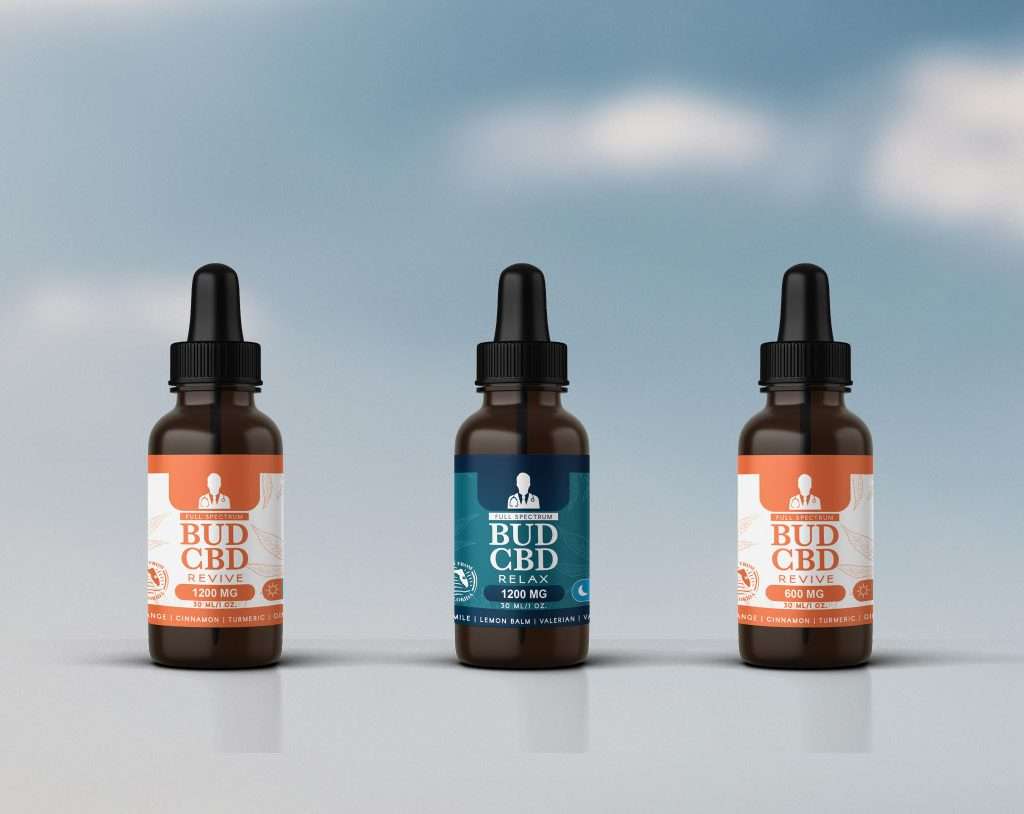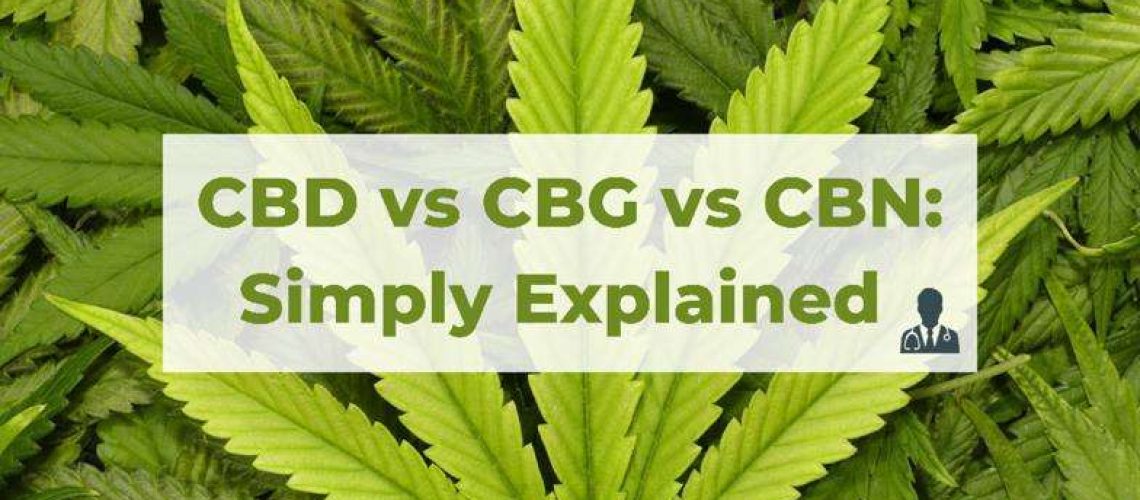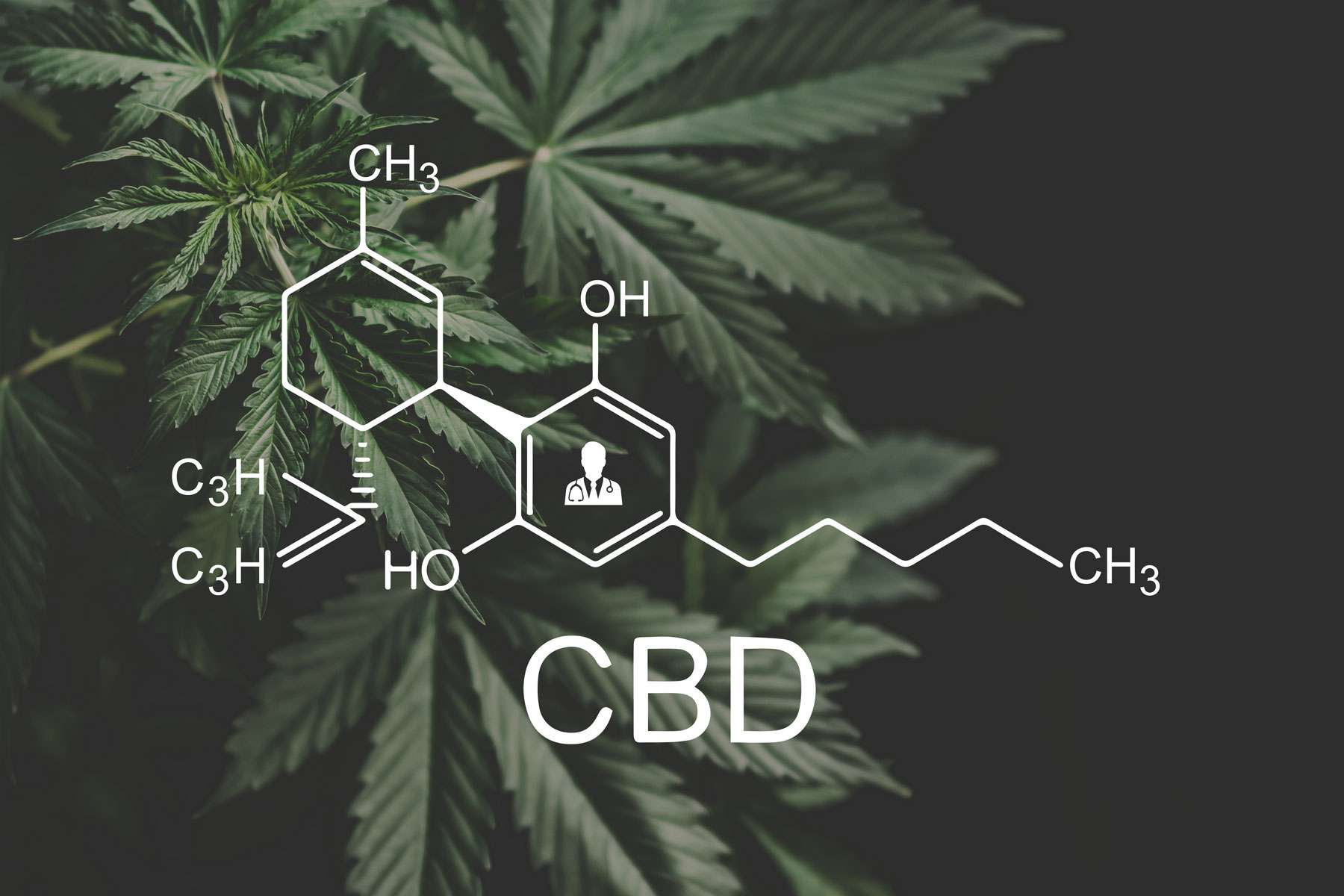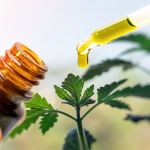While you may be aware of what THC is, and CBD is becoming more popular by the day; you may not be aware of CBG and CBN. These fascinating minor cannabinoids (in title only) potentially hold the key to helping with several different ailments. Here, we take a closer look at the difference between the three and why they should hold your interest.
CBD – Cannabidiol
Since this is the most popular of the phytocannabinoids, it is the first we will look at. This is categorized as one of the major cannabinoids along with THC. It is a compound that does not contain the psychoactive properties found in THC. It is generally derived from hemp plants (categorized as containing less than 0.3% THC). CBD has been studied extensively in recent years. While it has only been approved for use in treating epilepsy, there are studies being conducted to find the ability to manage:
- Inflammation (and the pain associated with it)
- Chronic pain (and general neurological pain)
- Skin conditions
- Anxiety
- Nausea
- Convulsions
The market is currently flooded with ways to ingest CBD. Edibles, tinctures, flowers and vaporizers are just a few of the ways in which CBD can be utilized. This is thanks to the Farm Bill of 2018 that legalized the use of industrial hemp and its byproducts.

CBG – Cannabigerol
While this is classified as a minor cannabinoid, it can be considered one of the most important. This is because all the other compounds in the plant derive from it. CBG and CBGA are converted into CBDA and THCA. This occurs when the plant is exposed to UV light and oxygen. In other words, while the plant grows in the sunlight, the other compounds begin to develop.
Part of why this compound is considered to be worthwhile is due to how it interacts with the CB1 and CB2 receptors. Unlike with CBD, it acts like an agonist. It is also believed to act as a GABA uptake inhibitor. There are many studies that have been conducted by the National Center for Biotechnology Information (NCBI) into CBG. These have shown the likelihood for the ability to use CBG for such things as:
- Neuropathic pain
- Inflammatory pain
- Colitis and other digestive issues
- Antibacterial properties
These studies also suggest taking CBD alongside CBG allows you to enjoy the entourage effect. This is in essence when the two compounds work together by enhancing the effects each compound may provide. This is one of the main arguments for using a full-spectrum compound rather than an isolate.
CBN – Cannabinol
The first to have been studied and synthesized is CBN. This is because it is a byproduct of when THC begins to degrade. Simply by letting a cannabis plant age, or by applying heat and oxygen, THC converts into CBN. While CBD and CBG do not contain psychoactive properties, CBN can potentially cause you to feel that same feeling of euphoria. The feeling is different than when you are utilizing THC, but it is to be avoided by those not willing to encounter psychoactive compounds.
The majority of the research conducted suggests CBN for use as a sedative. It is also believed to have the ability to stimulate bone growth, according to NCBI. The other properties it is valued for include:
- Antibacterial
- Painkiller
- Anti-inflammatory
- Anti-convulsion
- Delaying onset of ALS
- Increase appetite
While CBN will develop during the growth cycle, as it is exposed to sunlight and oxygen, it is more present once THC degrades. For this reason, it is different than all the other compounds that derive from CBG. The most direct route is that CBG converts into CBD and THC and subsequently THC converts into CBN. For this reason, it is not shocking to see that CBN behaves closest to THC in how it interacts with the body. It is recommended for those looking for the effects gleaned from THC without the psychoactive properties.
What are the Differences
The main differences between CBD, CBG and CBN are how they interact with your body. While CBD and CBG will not produce psychoactive properties without THC present, CBN may. The main difference is how the different compounds interact neurologically. They also have different ways in which they provide relief from inflammation and can be used as an antibacterial agent.
While we already understand a great deal about these different compounds, research is ongoing. Proving the effectiveness in battling certain physical and neurological maladies can lead to further approval for medicinal uses. This will also lead to a better understanding of the best methods for usage and proper dosage.
Related
-
What is CBN or cannabinol?
We are all used to hearing about the multiple medicinal…
-
Indica vs. Sativa
Understanding the different strains used in Medical Cannabis is really…
-
What is CBD and how can it help you?
CBD is one of the more than 100 Cannabinoids found…






2 Responses
Will CBD, CBG & CBN together help with essential tremors?
I’m confused! As a senior (85) and a BP problem (not stable up/down) should I be concerned with taking the KUSH Burst products? I have constant arthritis pain and my husband has hip problems – soon to be replaced! What do you suggest for sleep and pain for Seniors? I do not need/want the psychoactive effect – just a good night’s sleep and less pain.